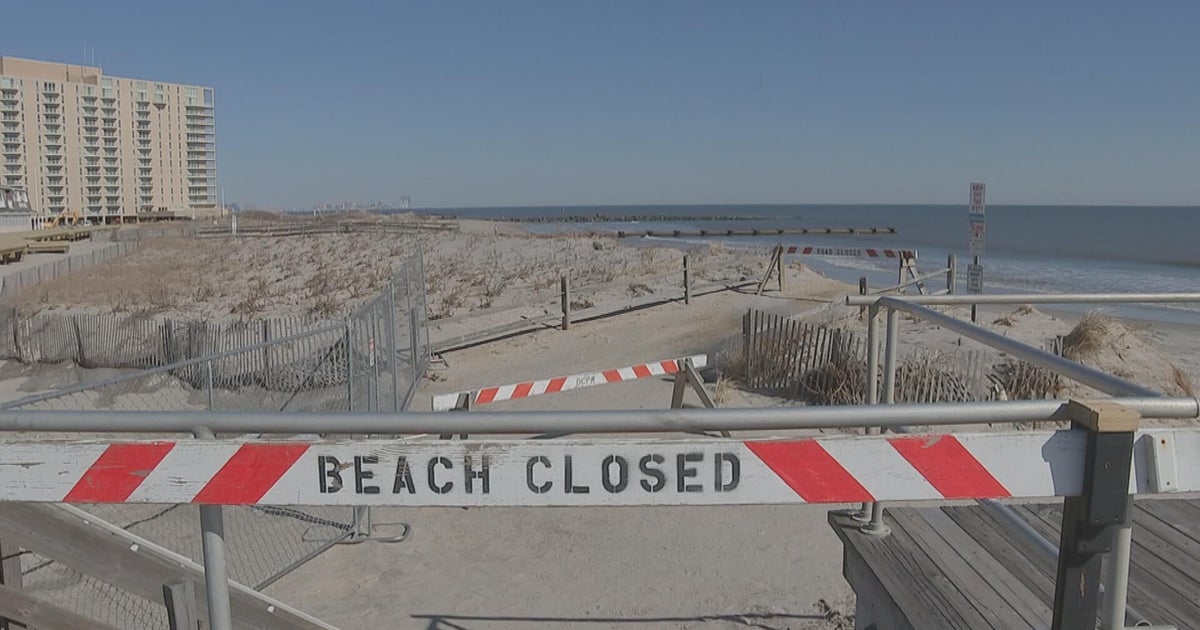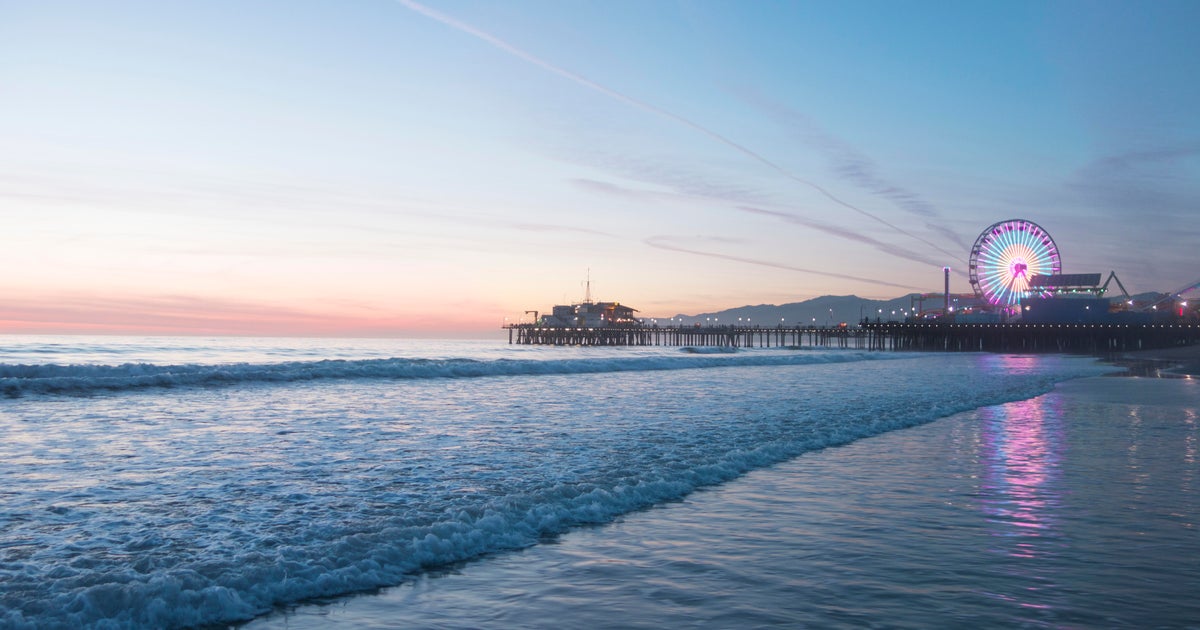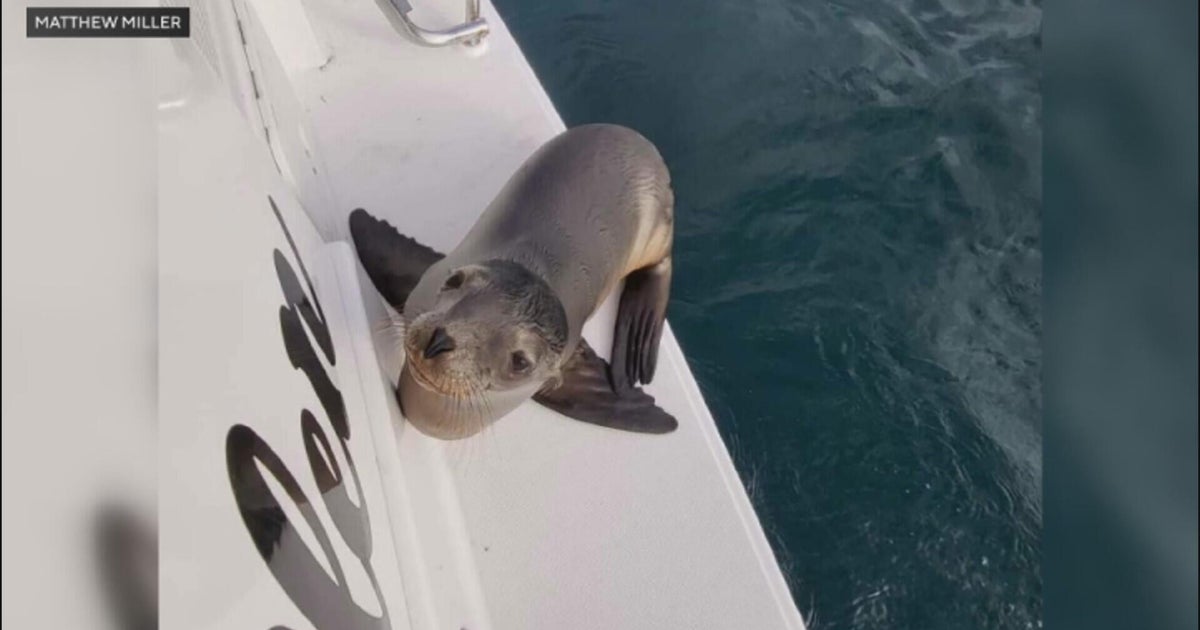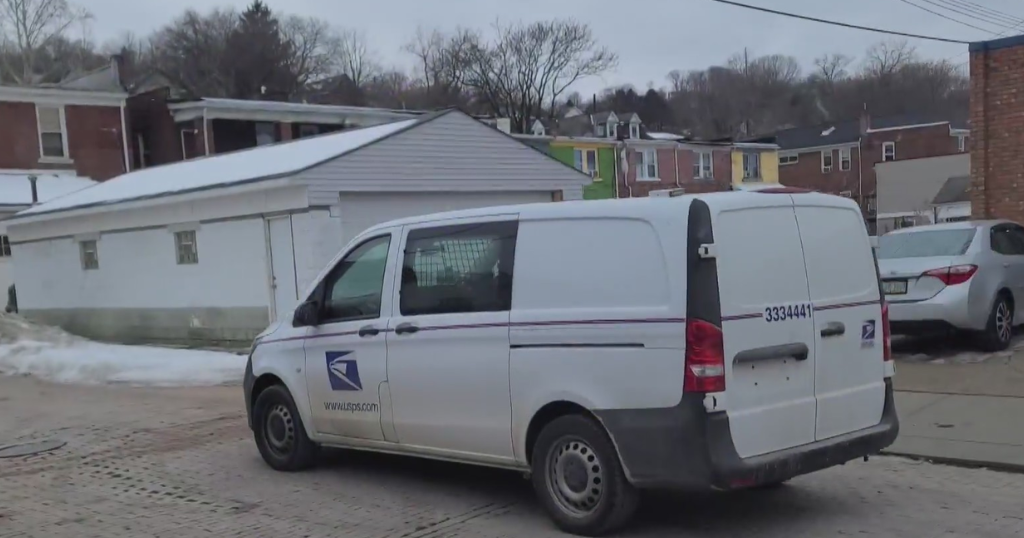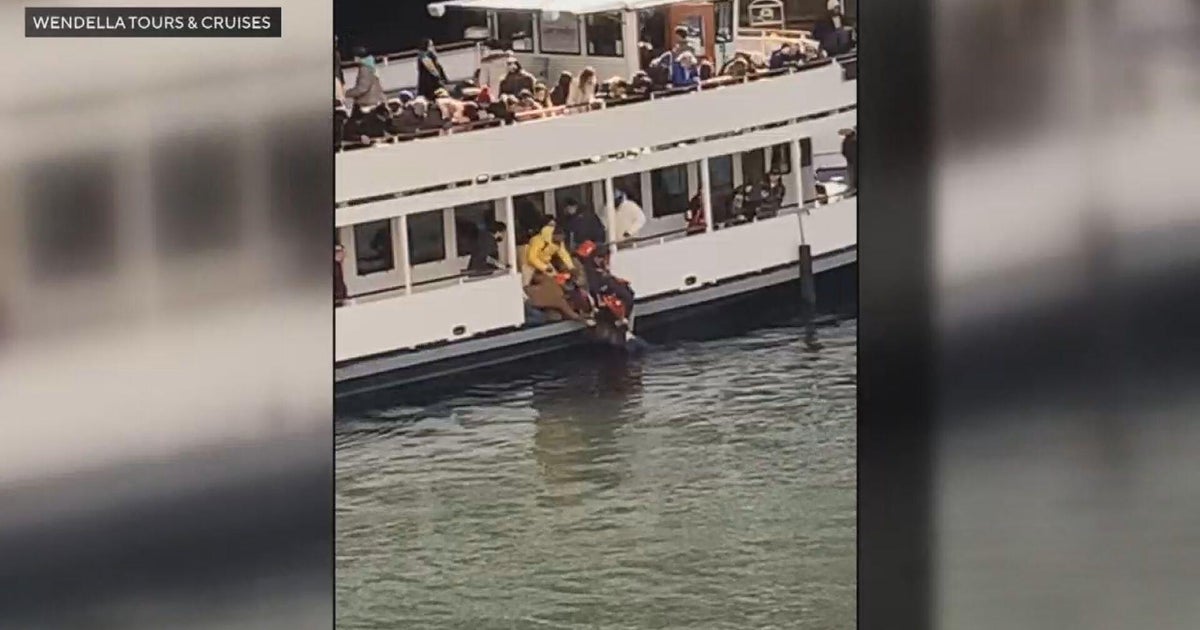Alex Mires Oil Cleanup, Beaches Left Vulnerable
Most days, a huge fleet of boats would be skimming oil from the Gulf of Mexico and ferrying workers and supplies. But Hurricane Alex churning in the Gulf has turned many people fighting the massive 11-week-old spill into spectators. And they will be for days.
On Tuesday, dozens of small skiffs, huge shrimp boats and even a swamp tour boat were tied to docks, winds whipping their flags and waves rocking them even in the sheltered marina on Grand Isle.
"Yesterday we had redcaps instead of white caps," said Jesse Alling, a marine science technician with the Coast Guard.
Officials scrambled to reposition boom to protect the coast, and had to remove barges that had been blocking oil from reaching sensitive wetlands. Those operations could soon get a boost. The U.S. accepted offers of help from 12 countries and international organizations. Japan, for instance, was sending two skimmers and boom.
Alex is projected to head for the Texas-Mexico border region and stay far from the spill zone off the Louisiana coast. It is not expected to affect work at the site of the blown-out well. But the storm's outer edges complicated the cleanup. Waves were as high as 12 feet in parts of the Gulf, according to the National Weather Service.
Skimming efforts off the coasts of Louisiana, Florida, Alabama and Mississippi have mostly stopped.
At the main staging area for oil cleanup efforts around Grand Isle, stacks of boom, bottled water, ice chests and cleaning materials stood ready to load up when the work restarted.
Brothers Otis and Vahn Butler of Houma got jobs there just three days ago.
"I like the work," Otis Butler said. "We've been steady busy until today. Now we're mostly standing around and looking around. We just find things to do when we can today. But once this is over, I bet we'll be twice as busy."
The loss of skimming work combined with 25 mph gusts driving water into the coast has left beaches especially vulnerable. In Alabama, the normally white sand was streaked with long lines of oil. One swath of beach 40 feet wide was stained brown and mottled with globs of oil matted together.
The nasty weather will likely linger in the Gulf through Thursday, National Weather Service meteorologist Brian LaMarre said.
Meanwhile, Mark McVicker worries about yet another threat.
"If I lose my job, I wouldn't know what to do," he tells CBS News correspondent Mark Strassmann. His company loads and unloads supply boats that service deepwater drilling rigs. The industry's shut down - skittish the White House will reimpose a moratorium while a safety review is underway in the Gulf.
"With this moratorium, ya know, we never know when you're gonna get that call; 'we don't need you no more.'"
Scientists have said the rough seas and winds, though, could actually help break apart the oil and make it evaporate faster.
On the beach, cleanup workers struggled with wind that blew sand into their eyes and mouths and humidity that let the sand stick to their skin.
Jefferson Parish Council member Chris Roberts said the oil was entering passes Tuesday at Barataria Bay, home to diverse wildlife. A day earlier, barges that had been placed in the bay to block the oil were removed because of rough seas. Boom was being displaced and had to be repositioned, he said in an e-mail.
The Bureau of Ocean Energy Management, Regulation, and Enforcement said 28 platforms and three rigs in the path of the storm in the western Gulf have been evacuated. Still in the water are vessels being used to capture or burn spewing oil and gas and those drilling relief wells that officials say are the best hope for stopping the leak for good.
The storm pushed the oil patch toward Grand Isle and uninhabited Elmer's Island, dumping tar balls as big as apples on the beach.
"The sad thing is that it's been about three weeks since we had any big oil come in here," said marine science technician Michael Malone. "With this weather we lost all the progress we made."
Hurricane warnings were posted for parts of the coast along Mexico and Texas. Except for the border area itself, though, most of the warning area is lightly populated.
So far, between 70.8 million and 137.6 million gallons of oil have spewed into the Gulf from the broken BP well, according to government and BP estimates. The higher estimate is enough oil to fill half of New York's Empire State Building with oil.
More containment help could be arriving after the storm lets up. Mexico, Norway, Holland and Japan are providing skimmers; Canada is providing containment boom; and Croatia is pitching in with technical advice. Only one offer has been rejected, according to the chart: dispersant chemicals offered by France are not approved for use in the U.S.
The U.S. rarely faces a disaster of such magnitude that it requires international aid, though it did accept assistance after Hurricane Katrina.
© MMX, CBS Interactive Inc.. All Rights Reserved. This material may not be published, broadcast, rewritten, or redistributed. The Associated Press contributed to this report.


